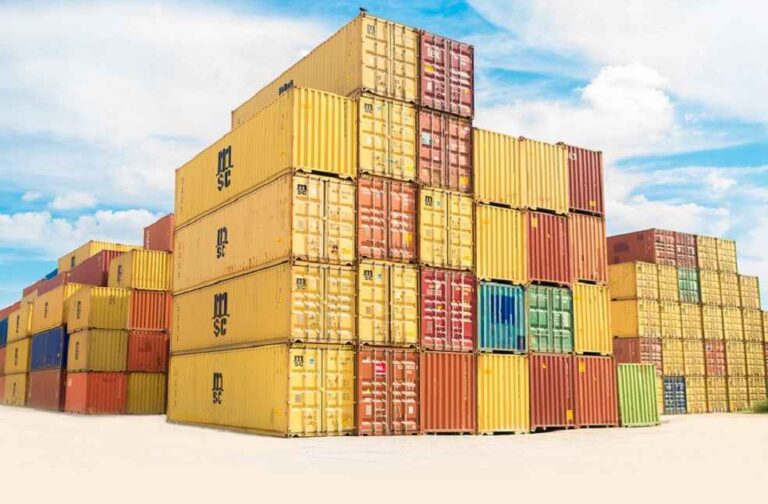The logistics market is expected to grow from $412M in 2022 to $14B by 2032, propelled by rapid advancements in artificial intelligence (AI), machine learning, big data analytics, and particularly generative AI.
Generative AI, capable of creating new content or data from existing information, has become a pivotal tool in the logistics sector. It aids in route optimization, predictive maintenance, and demand forecasting, enhancing overall operational efficiency.
It streamlines route optimization by using historical data, traffic patterns, weather conditions, and other factors to generate optimized routes in real time, reducing costs and increasing delivery efficiency. For demand forecasting, an essential component of efficient inventory management, generative AI analyzes various data points, including sales, market trends, and customer behaviors, to provide accurate predictions. This analysis allows logistics companies to optimize their inventory, increase order fulfillment rates, and enhance customer satisfaction.

The potential of generative AI is evident in the recent developments by leading technology and logistics companies such as Google’s Waymo, Amazon, DHL, and JD.com. These companies have integrated generative AI into their operations for enhanced efficiency and speed.
Generative AI also contributes to predictive maintenance and warehouse optimization. By scrutinizing sensor data from vehicles, machinery, and infrastructure, it can predict potential equipment failure or maintenance needs. This allows companies to plan proactive maintenance, reduce downtime, and save costs. In warehouses, it helps devise optimal layouts and picking routes, enhancing space utilization, order fulfillment processes, and reducing labor costs.
The integration of generative AI with emerging technologies like the Internet of Things (IoT) and robotics is transforming logistics operations. By pairing real-time sensor data from IoT devices with generative AI algorithms, companies can monitor conditions within vehicles or warehouses, improving compliance, reliability, and theft prevention.

Adoption of generative AI in logistics, while beneficial, poses challenges like ensuring data quality and availability, maintaining algorithm transparency, and addressing ethical and legal considerations. Nonetheless, its benefits, such as optimization and automation, improved decision-making, predictive maintenance, and enhanced supply chain visibility, outweigh the challenges. Recognizing this potential, logistics companies are investing in generative AI to enhance efficiency, reduce costs, and gain a competitive advantage.
Companies are urged to prepare for the integration of generative AI by investing in data infrastructure, ensuring data quality and availability, fostering a culture of data-driven decision-making, and upskilling their workforce on AI technologies. Attention must also be paid to regulatory and ethical considerations, ensuring fairness, transparency, and compliance when implementing AI solutions. Full report here.
TRADE TECH: MIT-WPU and Aker Solutions Launch Asia’s First Subsea Research Lab



